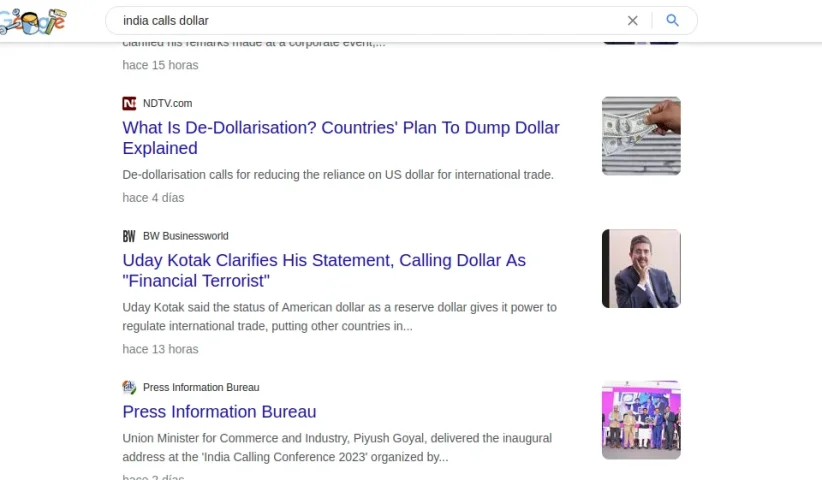How can you be sure about what'll happen in decades?

Not only "I think", but "sure". One can't even predict what'll happen in several months.
Ha, well, "sure" was a poor choice of word I agree. In general, I am not too sure about China which is why I don't bet money on them. Their leadership and direction seem relatively stable until it is not.
Firstly China has two versions of the Renminbi - the onshore (CNY) and Offshore (CNH). The offshore has no capital control and is what is used outside of mainland China. What you are referring to is the onshore Yuan (CNY) which is not what anyone outside of mainland China is going to be using.
And by what is the offshore Reminbi backed? It is backed by the same assets (foreign exchange reserves, gold reserves, and other financial assets held by the People's Bank of China (PBOC)) so essentially it is the same currency. This is also why the word Renminbi is used for both currencies in the column I posted.
I am sure you know a lot more about China than I do, but China does not currently have a major reserve currency threatening the US dollar, JPY, or even the Euro, nor does it look like it will have one over the foreseeable future.
The new bill the UAE has proposed today is what I hope, and think, but mainly hope, will be what will threaten the USD, EUR, JPY, and CHF. Creating a decentralized free zone with 100% tax exemptions with bank accounts not unlike Blackcatcard where you can simply deposit/accept payment in crypto from sanctioned people.
This would allow you to do business with people all across the world at very little cost and avoid predatory foreign exchange fees by middlemen, a true win for open business. It would also insulate everyone in the zone from sanctions as crypto is not controlled by anyone. One can only dream...
. I was laughing my head off....lol
.



